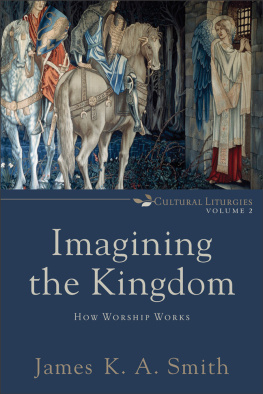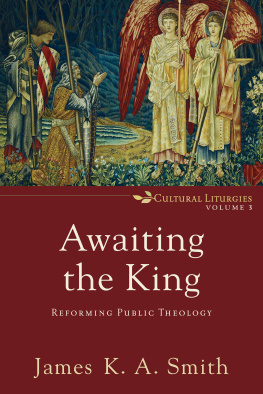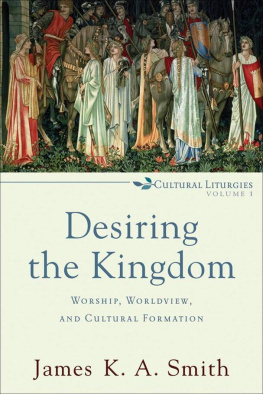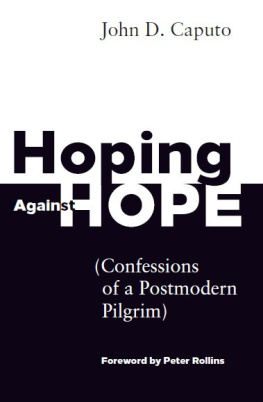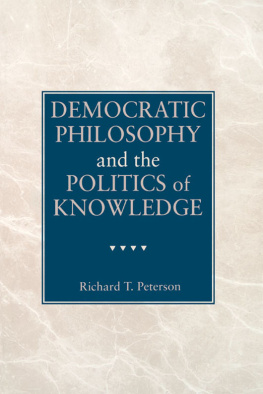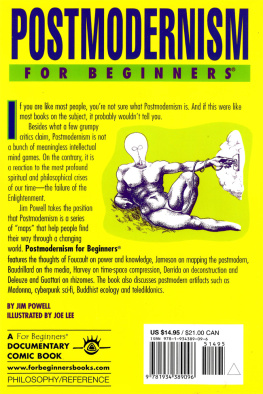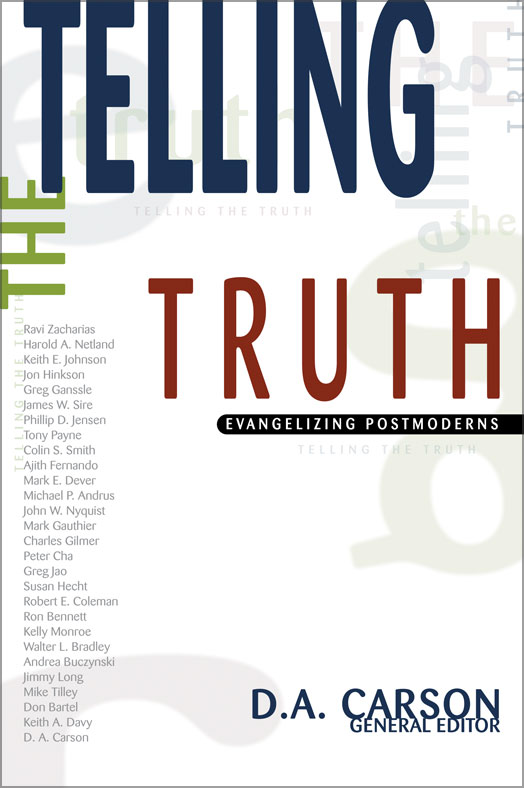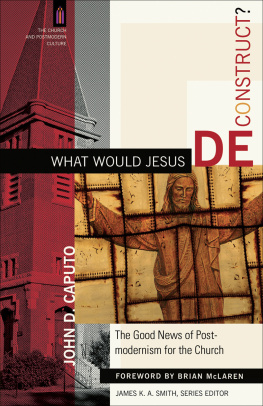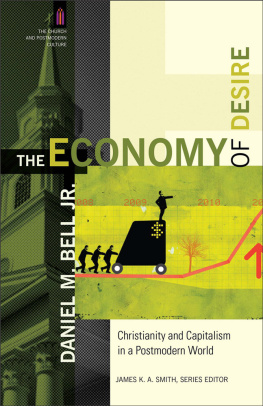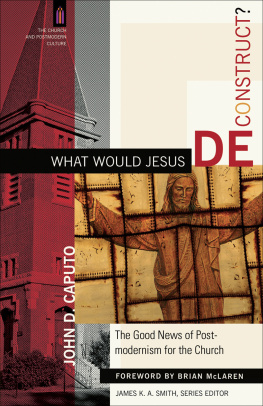If postmodernism has anything close to a brand name, it is deconstruction, and if it has anything like a celebrity face, it is the dark face of a Parisian transplanted from North Africa: the face of Jacques Derrida. In this chapter we will consider the central themes of deconstruction through one of Derridas most (in)famous claims: There is nothing outside the text.
Raising the Curtain:Memento
Lenny has a problem. But while hes driving, he cant remember why he got in the car. Or when he enters a restaurant, he cant remember why he came. When he goes to meet a recent acquaintance, he cant remember what she looks like. And as the motel manager quickly figures out, Lenny cant remember how many rooms hes checked intoproviding a lucrative business for the motel.
So how does someone without short-term memory make his or her way in the world? How can I drive to work if I cant remember why I got in the car? How can I ever make new friends if I cant remember a face? How can I ever read a book if I forget the first chapter five minutes after reading it? In the face of these challenges, Leonard in his resourcefulness comes up with a system; others with Leonards condition couldnt survive because they didnt have one. The system is simple: writing. Leonards navigation through existence is governed by writing, by a collection of texts and notescoupled with Polaroid photographs that substitute for memory. His pockets are filled with little texts, some written on napkins, others written on Polaroids, all providing the framework for him to understand his world. In his pocket is a snapshot of his Jaguar with the text My Car to remind him which vehicle in the parking lot belongs to him. All his acquaintances are noted in a similar way.
This system of texts and writing, however, works on the basis of two principles or beliefs: first, only trust your own handwriting; be suspicious of any writing you cant recognize. Second, really important information shouldnt be trusted to notes on napkins: vital information should be written on the body. Thus Leonard is himself a walking text, his body riddled with tattooed reminders: of historical events (like the murder of his wife), of basic principles (like Consider the source and Memory is treachery), and of facts about the case he is investigating, the murder of his wife (Leonard literally lives for revenge). Because his body is the source of so much knowledge, Leonard needs to spend a lot of time in front of the mirror to remind himself about the reality of his world: whats history (John G raped and murdered my wife), what hes doing (seeking to avenge his wife), who hes looking for (an elusive John G), what the facts are, and what his basic beliefs are (Learn by repetition, Dont trust your weakness, Camera doesnt lie, etc.). Leonards entire relationship to the world is mediated by textssome on his body, more scribbled on notesall of which function as the framework through which he sees the world.
Without these texts, Leonard literally would not be able to have an experience of the world. Just having an experience requires a certain ability to integrate ones sensations over time. If Im listening to a U2 song, in order for me to get it, I need to be able to listen from beginning to end and then integrate what Ive heard. Leonards condition makes this impossible: by the end of the song, Lenny would have forgotten the beginning! The only way Leonard can keep his experience togetherand hence have anything like a world of experienceis by a series of notes/texts that put together the world for him. Without texts, Leonard lacks a world. And without a pen, Leonard lacks a text. So when someone like Natalie wants to manipulate Leonard by transforming his world, all she has to do is put all the pens in her purse! When a disturbing event happensone that Leonard wants to remember but Natalie would rather forgetthe absence of any writing utensils means that the event is obliterated from Leonards world.
Of course, this kind of system has its problems. As Natalie points out: It must be tough living your life according to a couple of scraps of paper. Mix up your laundry list with your grocery list, and youll end up eating your underwear for breakfast! Living on texts in a world composed of notes entails both doubt and anxiety: how does Leonard know his texts really represent the world outside his mind? In fact, this is one of the nagging doubts that requires a constant faith and reassertion of belief on his part. One of Leonards fundamental beliefsthough he has to keep reminding himselfis that there is a world outside his mind. As he confesses at the end of the film (which is the beginning of the story): I have to believe in a world outside my own mind. I have to believe that my actions still have meaning, even if I cant remember it. I have to believe that when my eyes are closed, the worlds still there. Do I believe... ? Ultimately, the question he puts to himself is not whether the world exists outside his mind but whether he believes it.
Derridas Claim: There Is Nothing outside the Text
According to many, Jacques Derrida is a kind of philosophical Leonard, or, conversely, Memento is a deconstructive film. Deconstruction a term coined by Derrida in 1967has entered even the most colloquial American vocabulary and is used to describe everything from architecture and music videos to key lime pie. Often it is used simply as a synonym for destruction or criticism; hence, to deconstruct something is to take it apart, to knock it down, to pull it apart piece by piece. But when Derrida introduced the term in the late 1960s, he did not intend it as a primarily negative notion, even if he did intend it as a kind of criticism. For Derrida deconstruction is ultimately positive and constructive. Well return to this later.
What is the link between Leonard and Derrida, between Memento and deconstruction? It is the central role of texts or writing for mediating or putting together our experience of the world. For both Leonard and Derrida, language is the necessary filter through which the world comes to us. Just as Leonard depends on the writing of notes to give his world some coherence and order, so Derrida argues that all of us interpret our world on the basis of language (broadly understood). Memento ends with Leonard claiming that hes really no different than anyone else. In a way, that is the heart of Derridas claim: like Lenny, we all need crib notes and cheat sheets to make our way in the world. In one of his first books, published in 1967 (in French), Derrida famously puts it this way: There is nothing outside the text [Il ny a pas de hors-texte].
Now, immediately, we need to consider the ways in which this claim has been misunderstood by the bumper-sticker approach. When someoneespecially a philosopherclaims that there is nothing outside the text, it sounds as if he is claiming that the whole world is a kind of bookthat there are no cups or tables or spouses. If there is nothing outside the text, then all we have are texts; and if all we have are texts, then we dont have things. In other words, Derrida sounds like a metaphysical idealist (like Berkeley) who claims that there are no material things, only ideas in the mind of God. As such, many have understood Derrida as a linguistic idealist who thinks there is only language, not thingsonly texts, not cups or tables. This is how he is commonly understood by Christians, especially Christian theologians.
Of course, a Christian could not be a linguistic idealist (someone who thinks there are only words, not things) for at least two reasons: First, if there is nothing outside the text, then a transcendent Creator who is distinct from and prior to the world could not exist. In this sense, linguistic idealism would have to entail atheism. If Derrida is a linguistic idealist, then deconstruction and Christian faith are mutually exclusive. Second, if there is nothing outside the text, then it would seem that what the Bible (admittedly a text) talks aboutwhat it refers tois not real. When the Bible speaks about the incarnation, or the effects of the work of Christ, or a spiritual warfare in the heavenly realms, all these references must not be real. But if these claims are not realif it is not the case that Jesus really was God in the flesh (John 1:14), or if his death on the cross did not effect a cosmic transformation (Col. 1:20)then Christianity is at best a fiction and at worst a waste of time. Thus the common conclusion is that Derridas claim that there is nothing outside the text is antithetical to authentic Christian confession.
Next page

